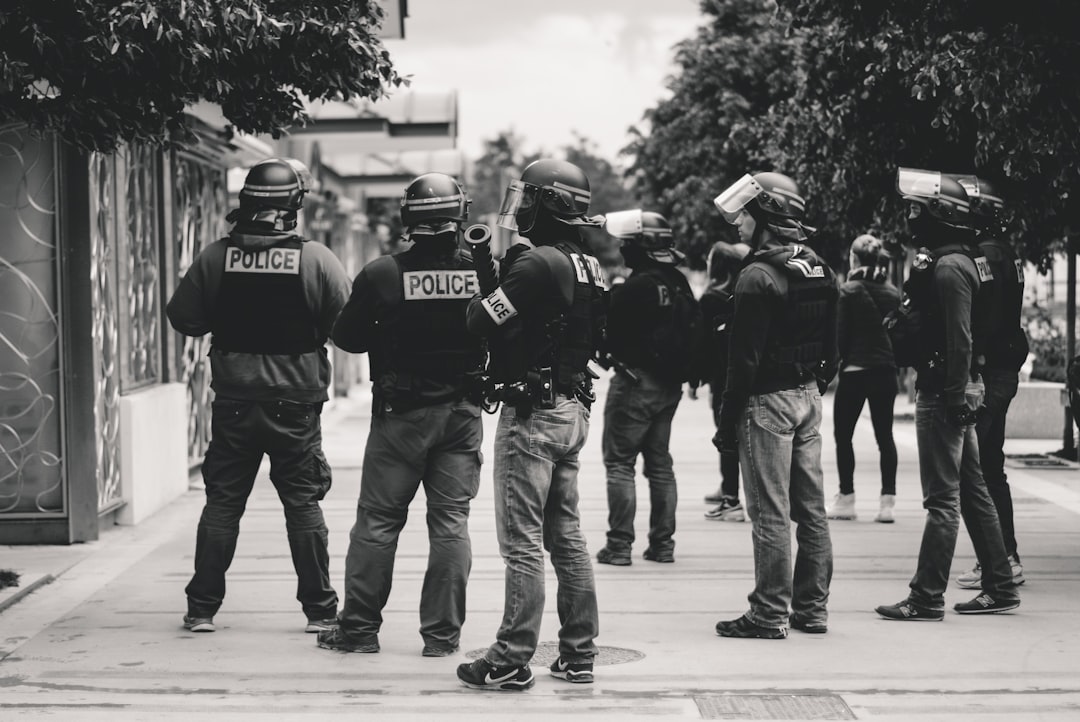Learn What’s Going to Be on The Police Entrance Test
Wouldn’t it be great if there was one and only one police entrance exam for every department in the nation? However, as many of you know, that’s just not the case.
Every police agency has different requirements and different attributes they are looking for in an employee, which means you could take a dozen police entrance exams and none of them would look the same.
So how in the world do you properly prepare for an exam that you might not see until the minute you sit down to take it? Here are five basic things you can do to improve your chances of passing any police test.
Practice Your Memorization
A large part of most police exams is reading and memorizing. You may think “I’m not good at remembering people’s names” or “I was always bad at memorizing things in school.” What you’ve got to realize is that your memory can be exercised and improved just like any other skill.
There are lots of great games and programs out there that can help you improve your memory. If you believe you are weak in this area, then you will be weak.
You’ve got to change your “self-talk.” Remember, memory is not related to intelligence; regardless of what you’ve been told or what has happened in the past, believe in your memory and learn to make it work for you.
Be a Confident Problem Solver
The term “problem oriented policing” is a big law enforcement buzz word, and with good reason. Cops spend most of their days and nights solving problems, so it makes sense that the police department you’re testing for wants to know what kind of problem solving skills you possess.
This is where a good study guide will really come in handy. There are countless police exam study guides available in book stores and on the Internet, but don’t limit yourself to those that are law enforcement related.
Download yourself a proven study guide at this Website to study for the SAT’s, the LSAT, and the GRE to name just a few. It’s not just about your knowledge of police procedure, its all about your ability to successfully take a test.
Work On Your Reading Comprehension
Police examiners want to know that you are capable of reading a paragraph and then explaining what you just read. Nothing improves your reading comprehension better than actually reading. Read anything, fiction, non-fiction, newspapers, magazines, anything that is well-written and requires concentration.
Your best friend’s personal blog or the local sports scores don’t count. You also need to be able to write about what you’ve read. Pick a good book, like Ben Sherwood’s The Survivors Club, read it a chapter at a time, and then ask yourself questions and write them down, or write a summary of what each chapter meant to you, and then go back and read that chapter again. Police agencies want to know that you can not only read, but that you can remember and use what you’ve just read.
Basic Math Problems
Most police tests will include some form of mathematical equation, whether it’s measuring an accident scene or figuring out staffing levels for a certain size community. Again, the examiner isn’t interesting in finding out if you’re an accountant; they want to know if you can logically apply basic skills.
Cops have to know a little about a lot of things, math is one of them. Studying math also helps structure your reasoning skills, so if x = 17 + (5×12)/3, what is the value of x?
Be a Good Test-Taker
This is a skill that most people have to study for and work at. Practice controlled breathing and other relaxation techniques; remember, anxiety is a performance killer when it comes to taking tests. Don’t let a difficult question stymie you, if you don’t readily know the answer, move on and come back to that question later.
You’ll be surprised how often the answer comes to you while working on another question. Make sure you read each question carefully; many times you are able to mine part of the answer from the question itself. Police departments are looking to see if you are logical, observant, and can think critically, that’s why they “test” you.
Only about 30% of police test takers will pass the first test they take. Like any law enforcement survival skill, testing takes practice. Try to find out as much as you can about the type of test you’ll be taking, what the agency is looking for in a candidate, and if there is a study guide available. And then just do what you’d do if you’re on the range or on the mats, practice, practice, practice! Good luck! And by the way, the answer is 37.






